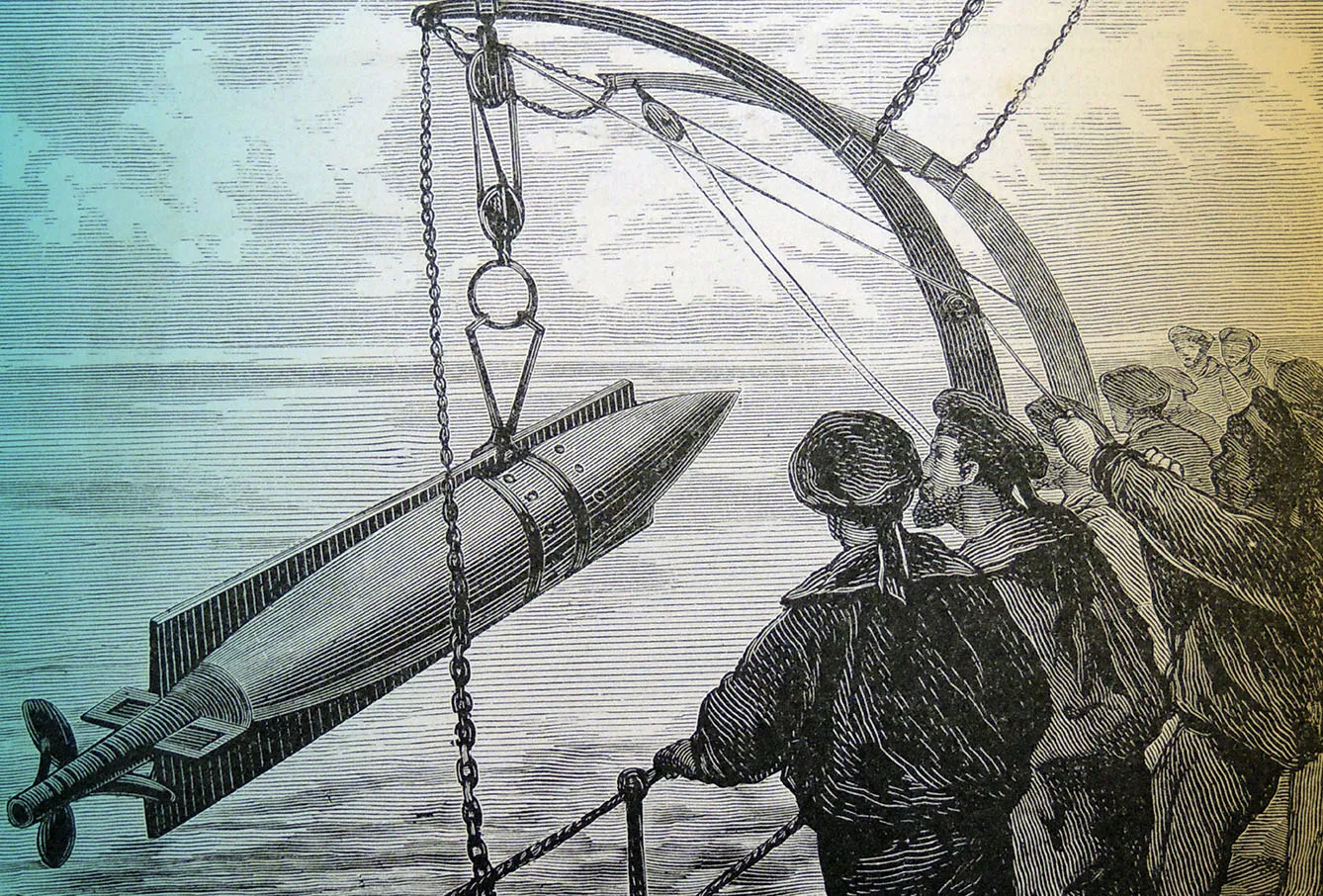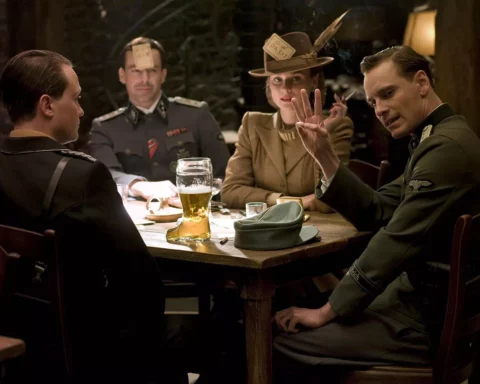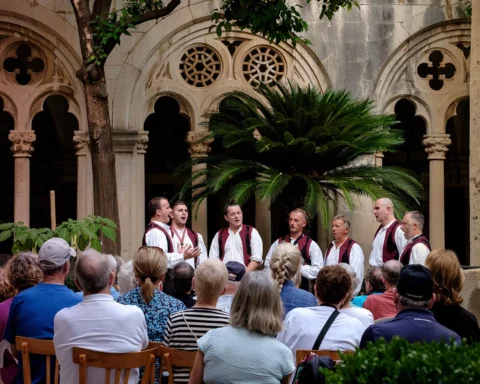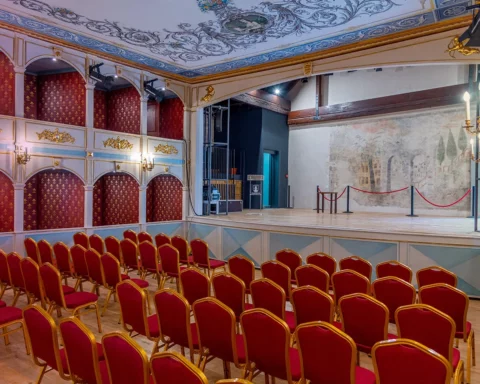If you don’t know the types of weapons, you might be wondering what a torpedo is, and if you’ve heard of a torpedo, you might be wondering why it was created in Croatia. Well, a torpedo is an underwater guided or unguided missile intended to destroy ships and other vessels. The name derives from the Latin word torpere, which means to paralyze and cripple.
Why Croatia? If you have ever been on vacation or visiting Croatia or are planning a visit soon, you may know that the Croatian coast is extremely indented with many bays, islands, and coves. In the 19th century, the Croatian coast was part of Austria-Hungary, whose Navy sought a good way to defend such an indented coast and, to those means, developed a torpedo.
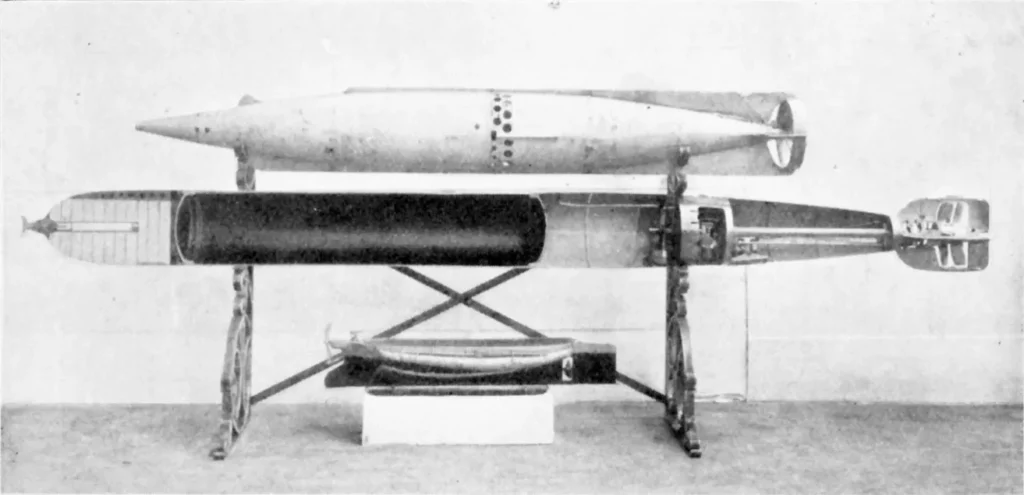
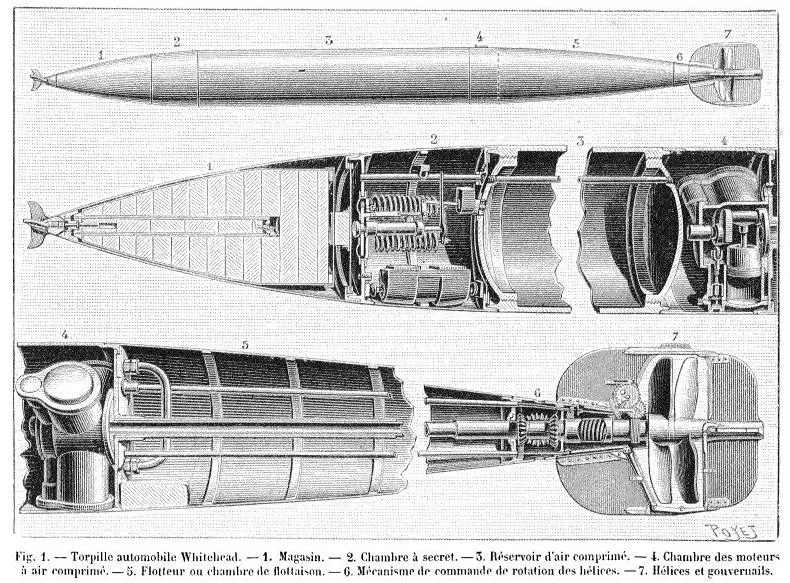
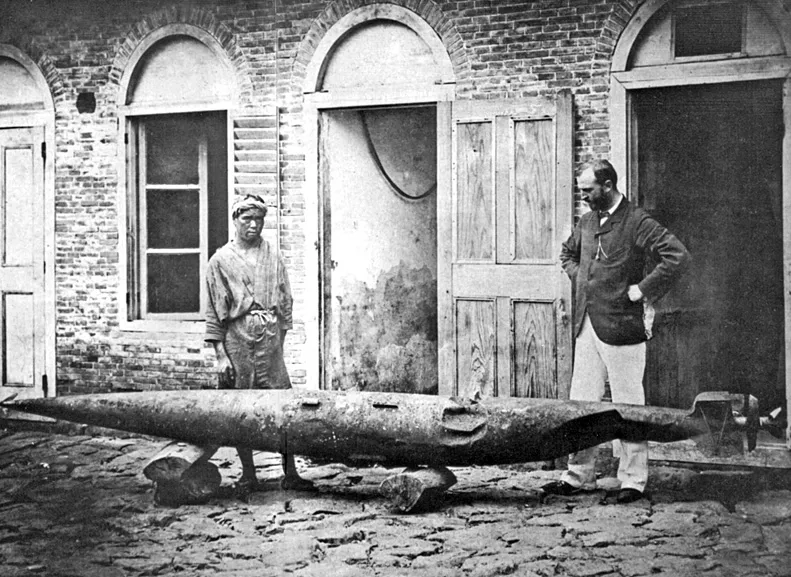
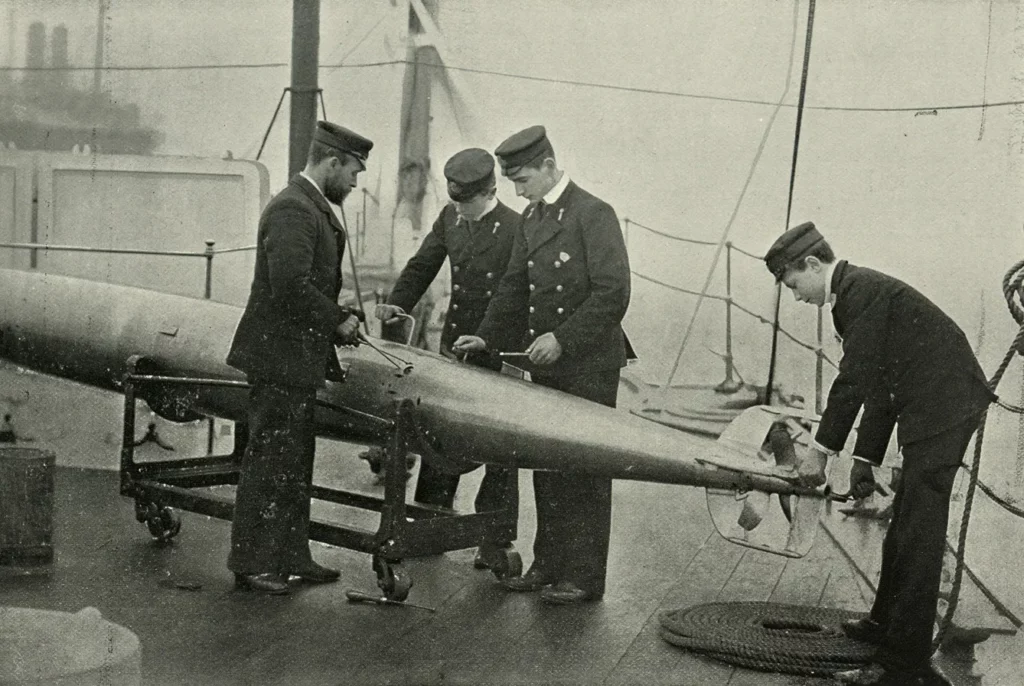
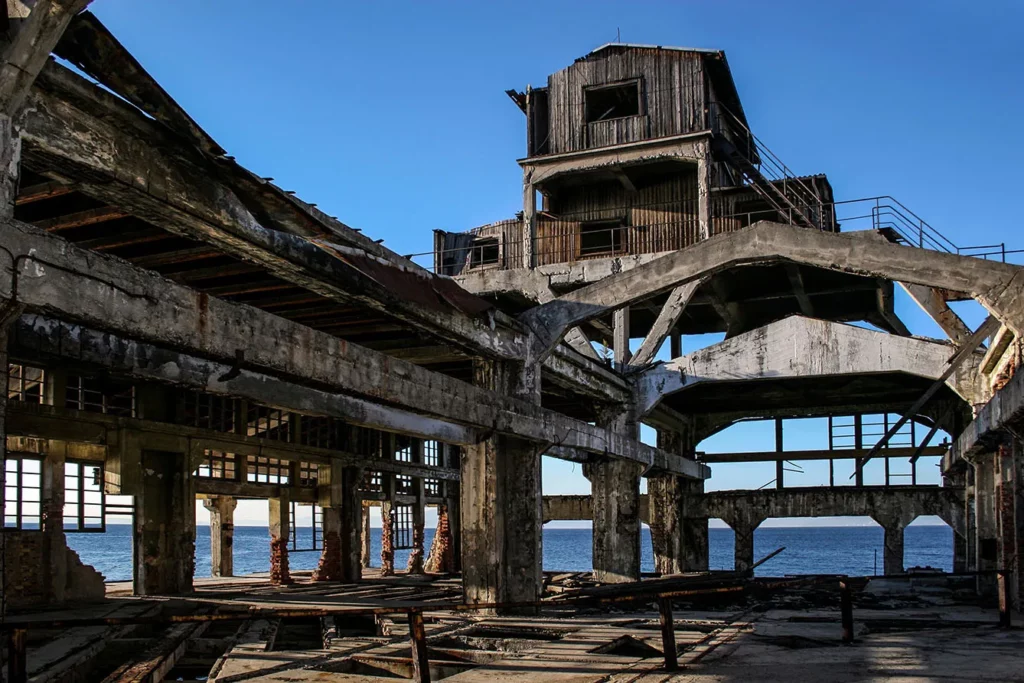
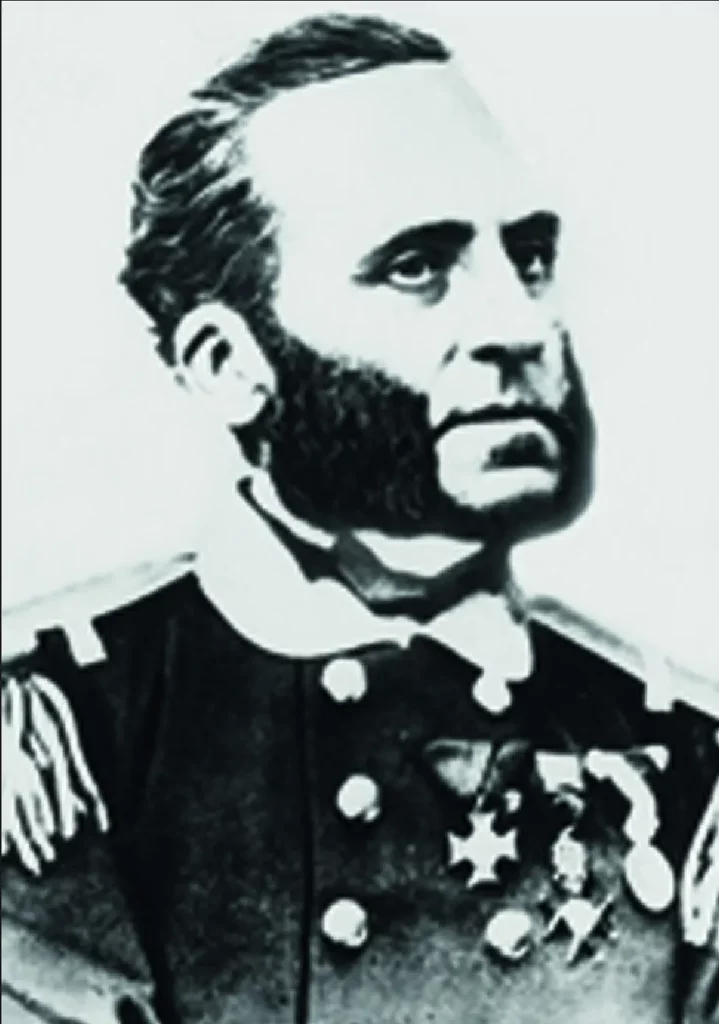
You may have heard the story of the relationship between Tesla and Edison, but it’s not the only one where the person with more money gets all the glory. In the 19th century, one of the retired officers of the Austro-Hungarian Navy, a Croat Giovanni Luppis (Ivan Vukić) from Rijeka, started looking for an invention that could defend the coast from potential attacks and thus prevent possible conflicts. This is exactly the kind of invention that the Navy itself was looking for. So, Luppis did not have enough financial resources and had to ask for help from the then-British manager of the ship furnace factory in Rijeka, Robert Whitehead. Sounds familiar?
Torpedoes fired – from Croatia
How long did it take to arrive at the final product? The original inventor of the torpedo, Luppis, was rejected several times by the head of the Navy because his invention was not good enough. Namely, it was not suitable for cheap and mass production. However, you have probably heard many times that success does not happen overnight. Whitehead adapted Luppis’s invention for factory production and received approval from the Austrian-Hungarian authorities for mass production. How did the story between the industrialist and the inventor end? Whitehead took most of the credit for the torpedo, and Luppis died alone without much financial gain from his invention.
As for the further career of the deadly weapon, at first, the torpedo was a secret and well-guarded weapon of the Austro-Hungarian Navy. However, Whitehead had a patent for the invention and soon opened a torpedo factory in his native England. And oh, the irony! The patent was called the Whitehead-Luppis torpedo, although Luppis was completely excluded from further development of the weapon. But the irony did not stop there. During the Great War, the Croatian coast and Austro-Hungarian ships were fired upon by Italian ships with torpedoes perfected in the Whitehead factory.
Undoubtedly, the torpedo brought a breakthrough in naval warfare. It was later also used in air attacks. Almost every attack with torpedoes brought numerous human and material victims, and the original intended purpose of defending the Croatian coast was lost long ago. A torpedo factory operated in Rijeka for years until it was closed in the 1990s, as other countries took the lead in the development of increasingly advanced and faster torpedoes. Yet, the original idea will always remain Croatian.
See Also: Croatian Inventor Who Sparked Promotional Gadget Craze


